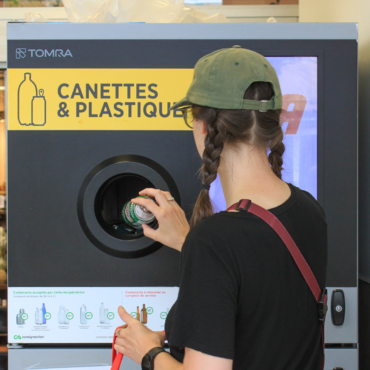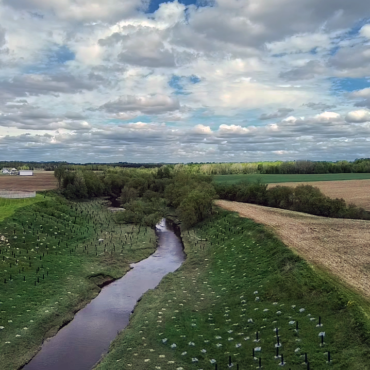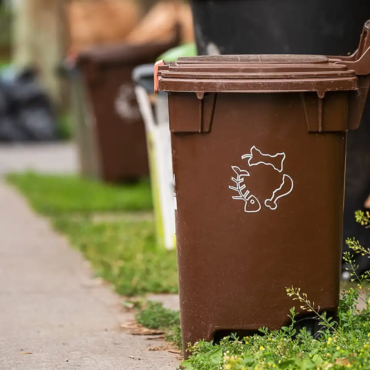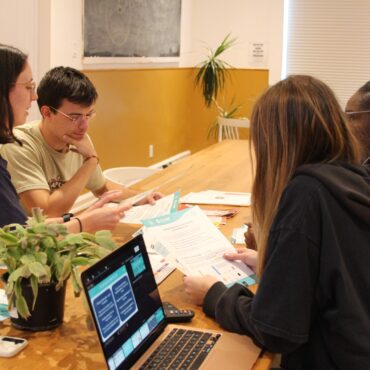Blog & News
Highlights

What’s the IPCC?
“Have you read the latest IPCC report?” “What are you talking about?” What’s the IPCC?”
I stopped counting the number of times I’ve been asked if I’ve seen the latest IPCC report, and I thought, “Great, everyone’s interested!” And yet, when I asked my friends about it, some of them didn’t know what on earth I was talking about. Is this you? Let me explain!
“Now that you mention it, it sounds vaguely familiar, is it an association?”
No, not quite! The IPCC is an Intergovernmental Panel on Climate Change. It was created in 1988 by the World Meteorological Organization (WMO) and the United Nations Environment Programme (UNEP).
“So the IPCC studies climate?”
A better way to put it is that it assembles all the information on the subject to make a complete report validated by scientists from all over the world. The goal of this work is to provide governments with reliable analyses and recommendations for combating climate change.
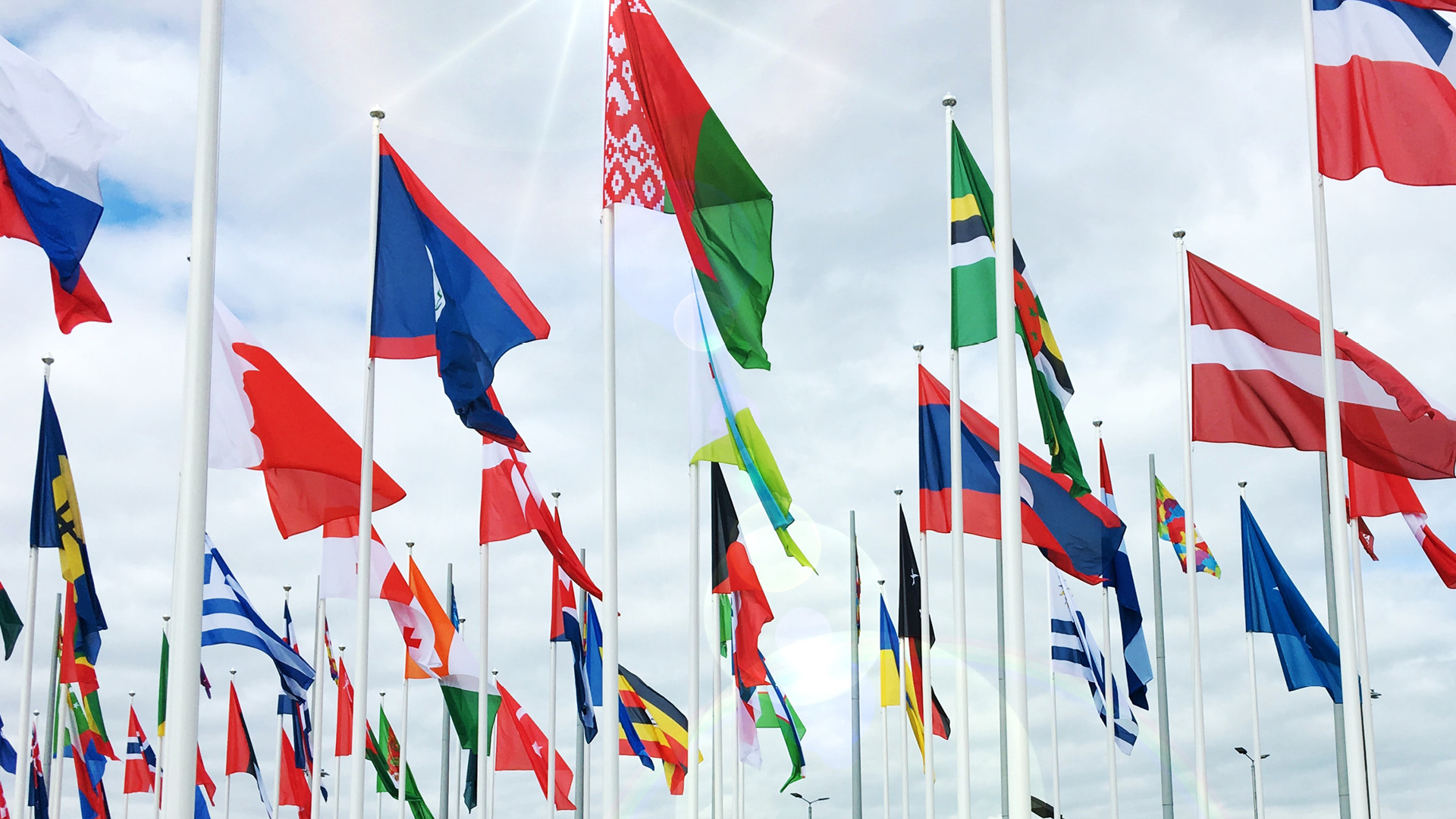
“If I understand correctly, there are scientists of all nationalities who are members of the IPCC?”
Yes and no! Governments are members of the IPCC, and scientists represent their countries by participating in this work on a voluntary basis. For the 6th report released this year, 743 experts representing the 195-member countries participated in the process! And this is really not a lot when you consider that there are about 60,000 scientific articles per year on the topic of the environment. That’s quite the reading material to learn and synthesize! Much more than at the beginning of the IPCC, when the number of articles on the subject per year was more like a hundred and the Panel had only about twenty member countries.
So what do these reports tell us?
Now that you have an understanding of what the IPCC is, I can explain the different reports they publish.
“What do you mean the different reports? I thought there was only one!”
When we talk about “the IPCC report” we’re in fact talking about three parts, or working groups, each dealing with a specific subject. The first focuses on the scientific aspect of climate change. The second is a review of the impacts and means of adaptation. The last one assesses the potential of measures to mitigate climate change. When all three parts are published, we’re off to the races! The IPCC publishes a report about once every six years.
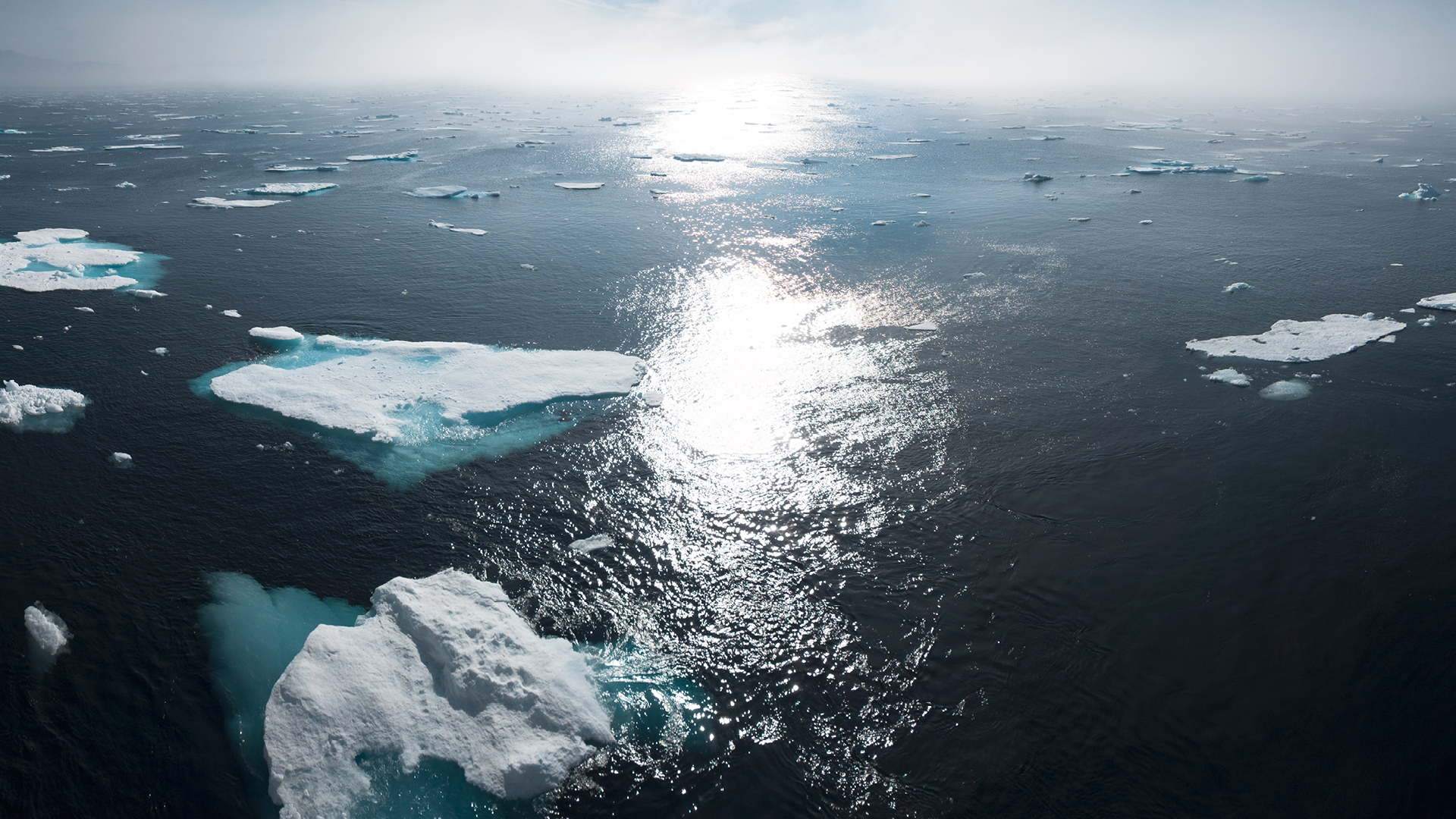
“Ok I understand better! It really provides a full picture of climate issues.”
You couldn’t have put it better, but what I didn’t tell you is that there’s also a special task force that’s improving the methods for calculating greenhouse gas emissions in real time.
It helps countries that want to compile an accurate inventory of their emissions, by providing a universal calculation method that stays up to date with the progress of scientific data. Other groups are also sometimes formed to deal with a very specific topic. For example, there was already a specific report on renewable energy or even on the ozone layer. The aim is to deal with as many issues as possible! And to make its work accessible to everyone, the IPCC publishes summaries and posts interactive maps online like these, which are very useful for seeing the impacts of climate change.
And what do we learn from these reports?
“And finally according to the IPCC, what’s the best way to fight climate change?”
Choosing a single solution would be difficult, because it’s by joining several actions collectively that the efforts become effective. To give you some examples, the IPCC talks about energy efficiency, electrification of transport or waste reduction. However, we can highlight a new category that appeared in the last report: demand and services.

” What is demand and services? And what do you mean by that?”
This means that our lifestyle choices have a significant influence in the fight against climate change. We have a decisive role to play by deciding to reduce our consumption, or by travelling other than by car. Changing our habits towards more frugal habits would be a key lever to set in motion the other sectors of action and possibly move towards a decreasing and sustainable society.
So, are you ready for change?
Don’t hesitate to read the latest IPCC reports right here!

Project Manager Intern – GHG assessment
Laura Schmitt
Passionate about travel and landscapes, Laura has turned her love for nature into a motivation for environmental protection. Originally from France, she came to Quebec to do a master's degree in environmental engineering and wants to help organizations, companies and cities to act for the good of our planet. Always in search of new adventures, it is not uncommon to hear her talk about her road trips or her next hike.
View all posts...Related posts :
Contact us
Earth Day Canada
5818, boulevard Saint-Laurent
Montréal (Québec) H2T 1T3 Canada
Phone : (514) 728-0116
Toll free : 1 800 424-8758
Fax : (514) 303-0248
Email: hello@earthday.ca
2026 © Earth Day Canada. All rights reserved.
Privacy policy · Terms of use · Trademark

